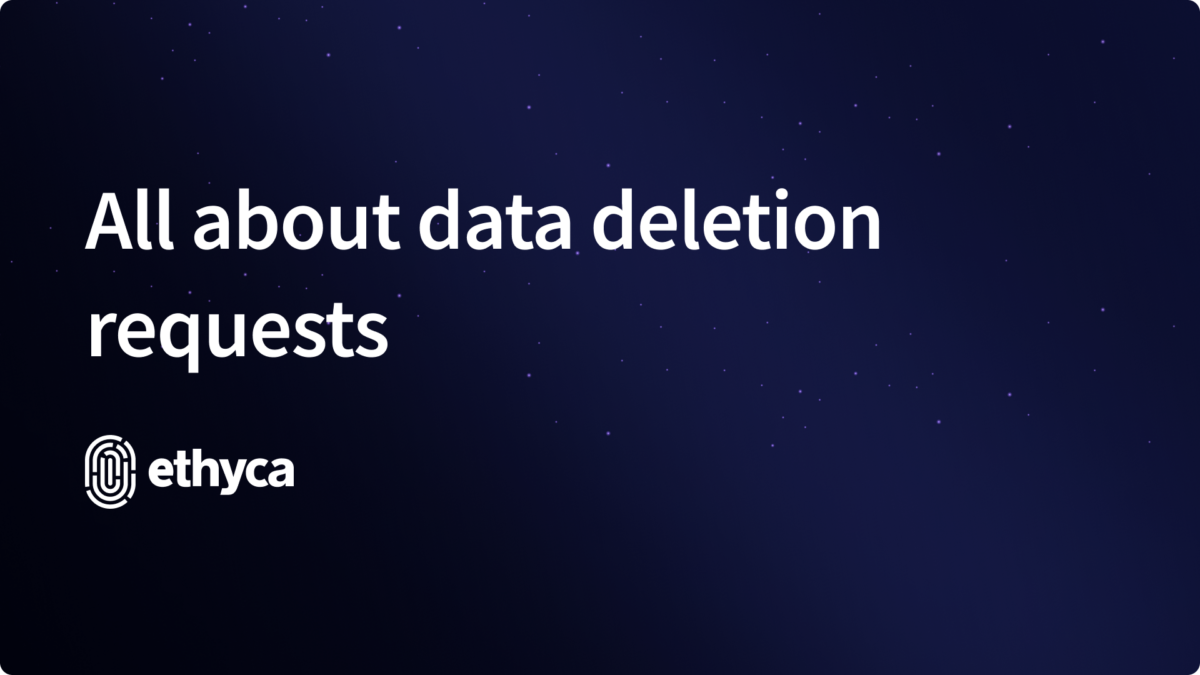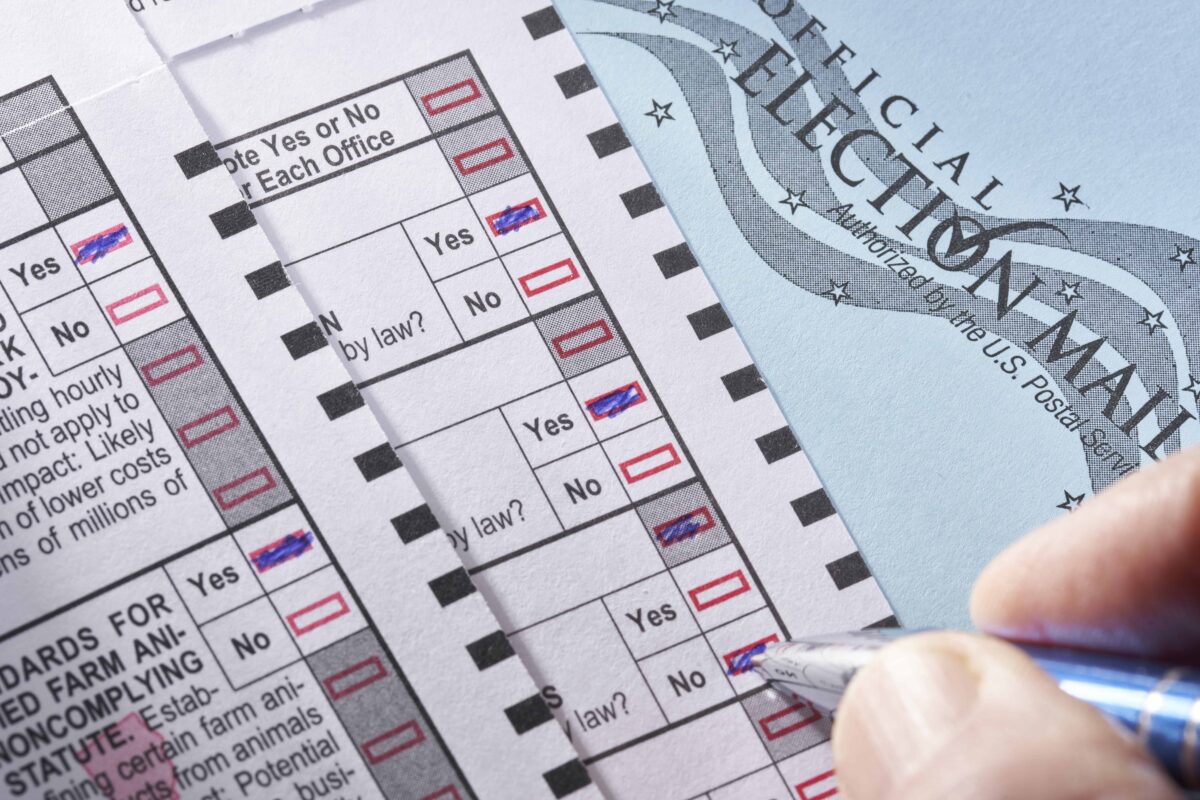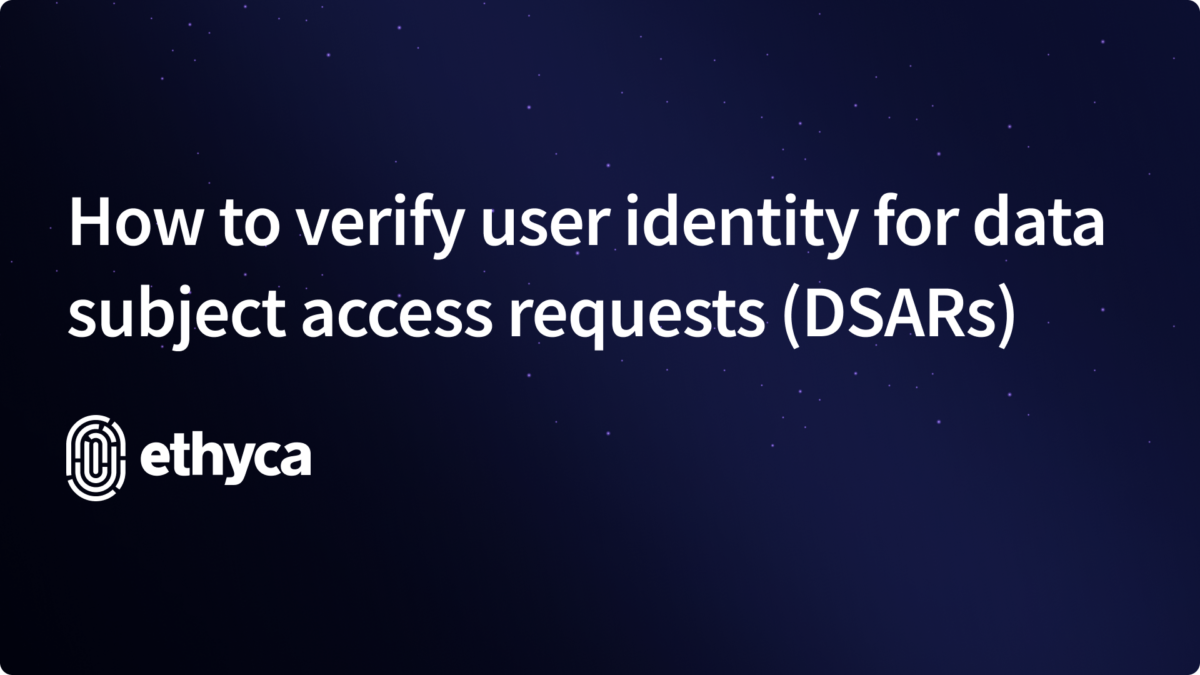Did The EU Just Pull The Rug Out From Data-Driven Businesses? Here’s What You Need To Know.
“The rug.” That’s how privacy activist Max Schrems began a tweet reacting to yesterday’s news that the Irish Data Protection Commission will act to stop Facebook from sending European citizens’ data overseas to the United States.









